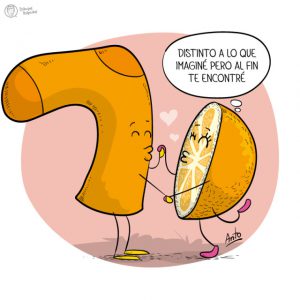Save the date for September 2021! NOVA will offer two 3-credit virtual hybrid course for the fall semester: SPA 233 (Introduction to Spanish Civilization and Literature) and SPA 205 (Spanish for Heritage Speakers I).
To register for SPA 233 you must have completed SPA 202 or have equivalent proficiency. Students will gain an understanding of Spanish culture and literature through poetry, short stories, theater, film and painting. All readings and discussion will be conducted in Spanish.
SPA 205, designed for students who have grown up in a Spanish-speaking household, aims to foster an appreciation of Hispanic and Latino cultural-linguistic heritage. The course will also help you develop your understanding, speaking, reading, and writing skills to native or near-native level. We will focus on reading development, orthography, lexical expansion, formal grammar, facility in writing and composition, and an introduction to selected representations of literary texts.
SPA 233 and SPA 205 will meet once a week on Zoom. Students will also engage with each other and the professor through discussion boards, blogs, videos and more. Dates and times will be announced in the coming weeks.
Questions? Contact Dr. Martha Davis at mdavis@nvcc.edu.




